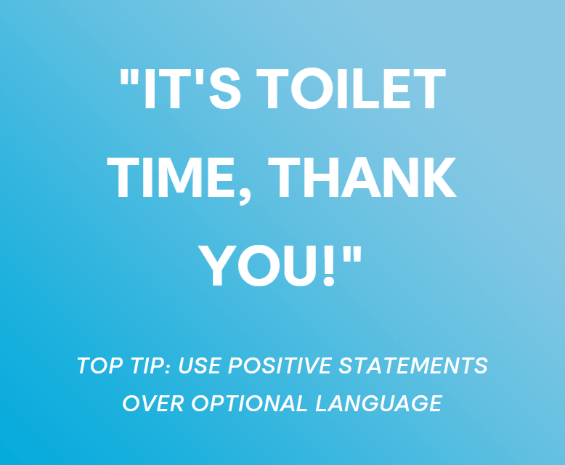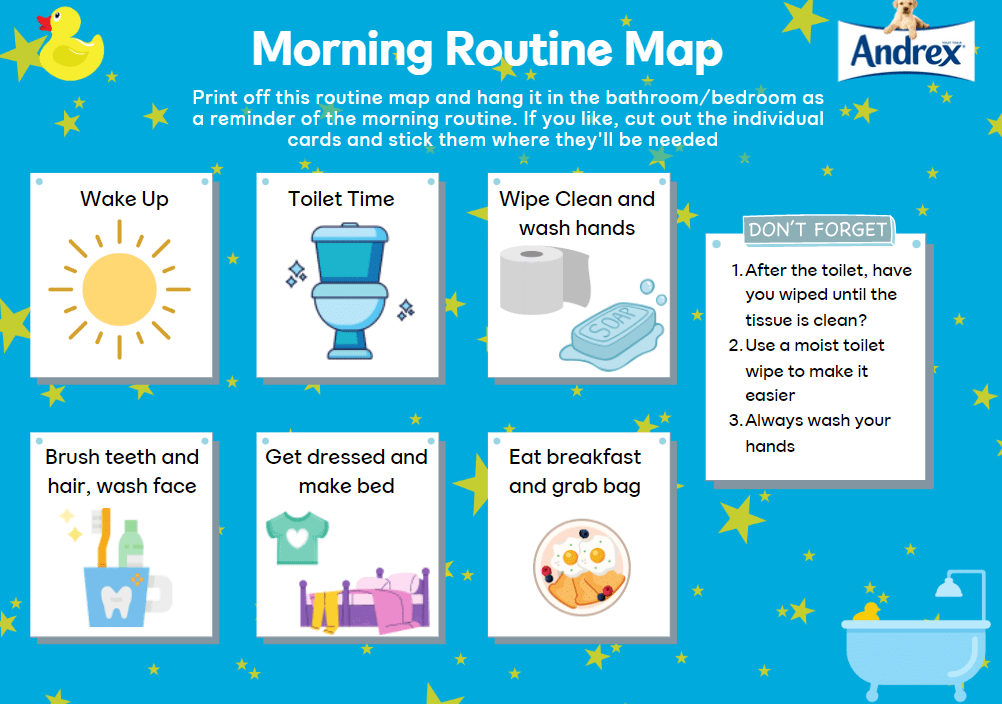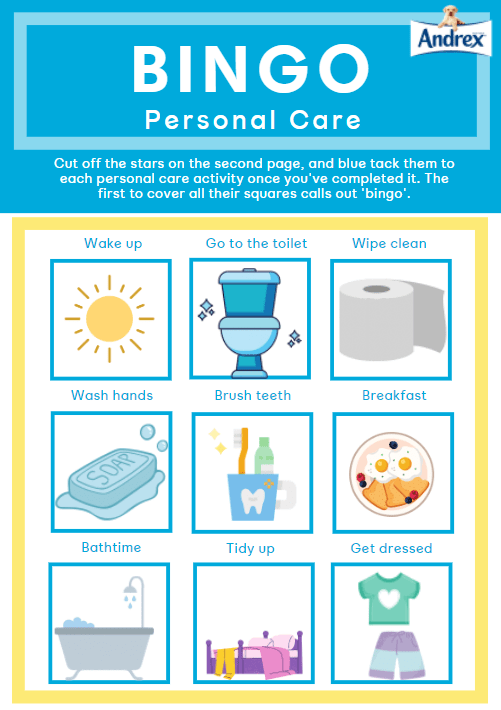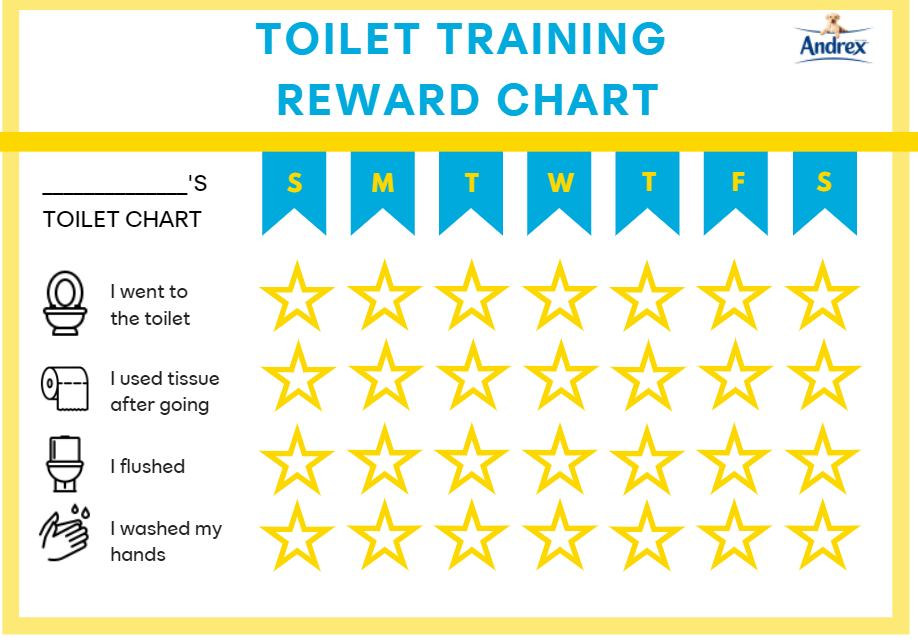Our childcare expert, Laura Amies, shares her parenting advice on the common potty-training challenges and child toilet problems families face when it comes to toilet training.
Click below to download our free potty-training resources:






See Laura’s top 7 tips on overcoming healthy hygiene habits stumbling blocks:
There are of course stumbling blocks that many families face on the road towards personal care – and that’s OK! No parent is expected to be ‘perfect’ and every family will find different ways to make their hygiene education and routines work for them.
From questions like when to start potty training, to potty training at night.
Key factors to consider include your child’s natural temperament, their abilities, where they spend the majority of their time and how possible it is to implement structure whilst navigating childcare across different homes or settings.
When facing a barrier or stumbling block with building your child’s toilet training and hygiene habits, here are the 7 key tips to overcome:
7 tools, tips and tricks to overcome common toilet training stumbling blocks:
Language
is something which I consider to be a tool that can be leant upon at all times. The way we deliver instructions can be the difference between a child pushing back and getting to work. With this in mind, the most effective tip I can offer is one which promotes the use of positive statements over optional language.
For example, “It’s toilet time, thank you!” is often more effective than “Will you please go to the toilet?”
Transitional Objects such as favoured teddies, blankets, or toys can help to create stability and security, add a squirt of perfume or aftershave and a child can take true comfort in these objects whilst in other settings. When children feel safe and secure, they are more likely to develop new skills. TOP TIP: Practice personal care skills like how to wipe during play time with your little ones favourite doll or teddy!
Rituals can provide mini routines during trigger times such as bedtime, dinner time and even toilet time. Offering the exact same chain of events for a few minutes is much more attainable than doing so for an entire day, especially where childcare is offered in multiple places. If your little one pushes back during trigger times, consider singing songs to help motivate them. I often lean on hand washing, toileting and bedtime songs to pave the way for good habits!
Routine maps offer children a visual aid to help them navigate a routine in any setting. They highlight each aspect of a routine via a simple image and children can then see what is coming next. In turn they learn how to develop those all-important personal hygiene skills! I find routine maps particularly helpful for children who are potty training because you can add in pictures of the toilet, hand washing and even images that encourage a little one to get themselves cleaned up properly!
Personal Care Bingo is exactly what it says on the tin! You can easily create this with a piece of paper, a ruler and some pens by mapping out a very basic grid to fill with things like hand washing, teeth brushing, toilet trips and bathing. Children under the age of 5 will require support to fill out the bingo sheet, whereas children 6 years and over (depending on their individual development) may be able to check things off independently. I have found this to be a really fun and useful way to help children embrace their personal care!
Tick charts are similar to bingo in the fact that they highlight certain tasks and each time a child achieves them they can tick them off. The great thing about these methods is the fact that children are given a goal and can feel motivated to see them through. Internal motivation is essential for creating the independence needed to tackle self-care. You can also use this as a toilet training reward chart to keep them motivated.
Personal Care bags can bridge the gap between home and other environments. By using the same products between various settings, a child can take comfort in familiar smells and sensations. I highly recommend this method when it comes to encouraging personal hygiene because it allows a child to take ownership over their own toileting habits. Feeling in control of their own personal care can be really empowering for a youngster!
Ultimately every family is different and because of this every routine will be also. I urge parents to try and ignore the pressures that can be placed on them due to societal expectations or comparisons which are so easily made between two different children.




